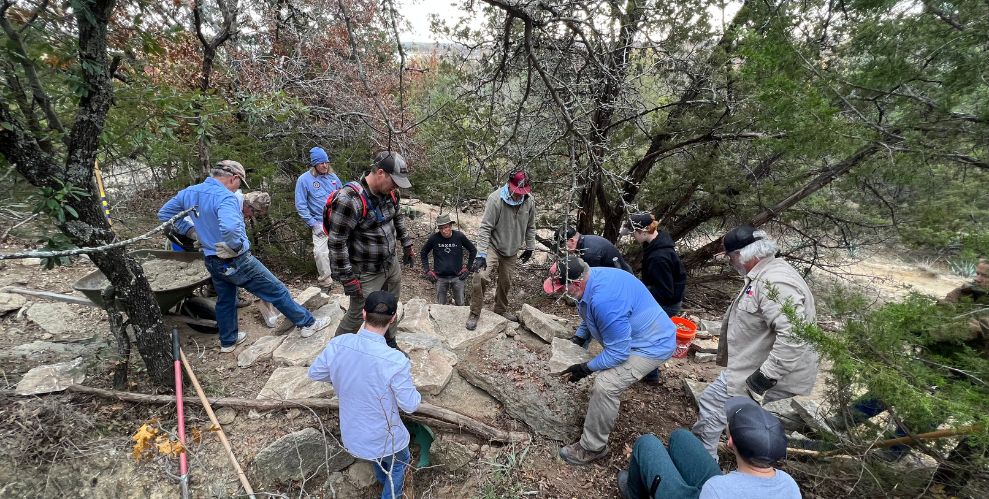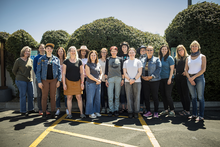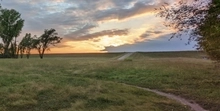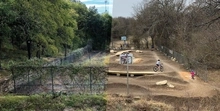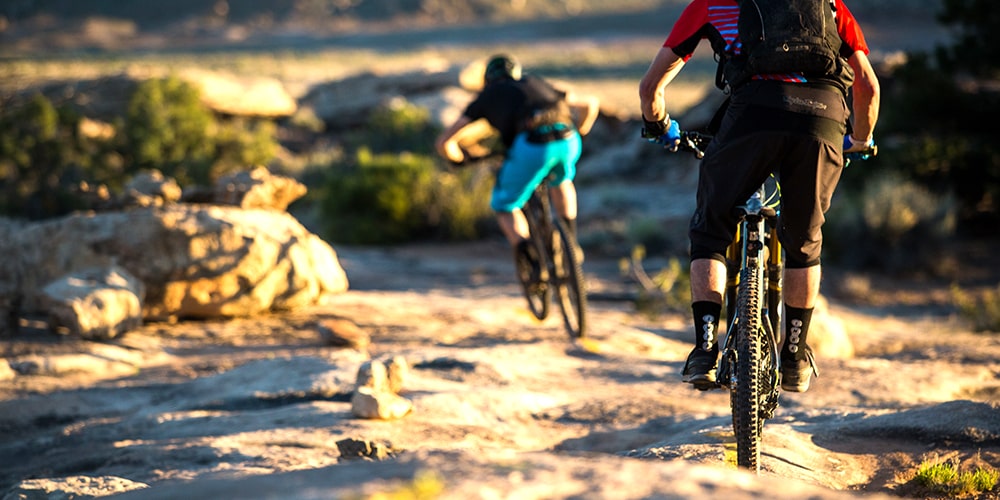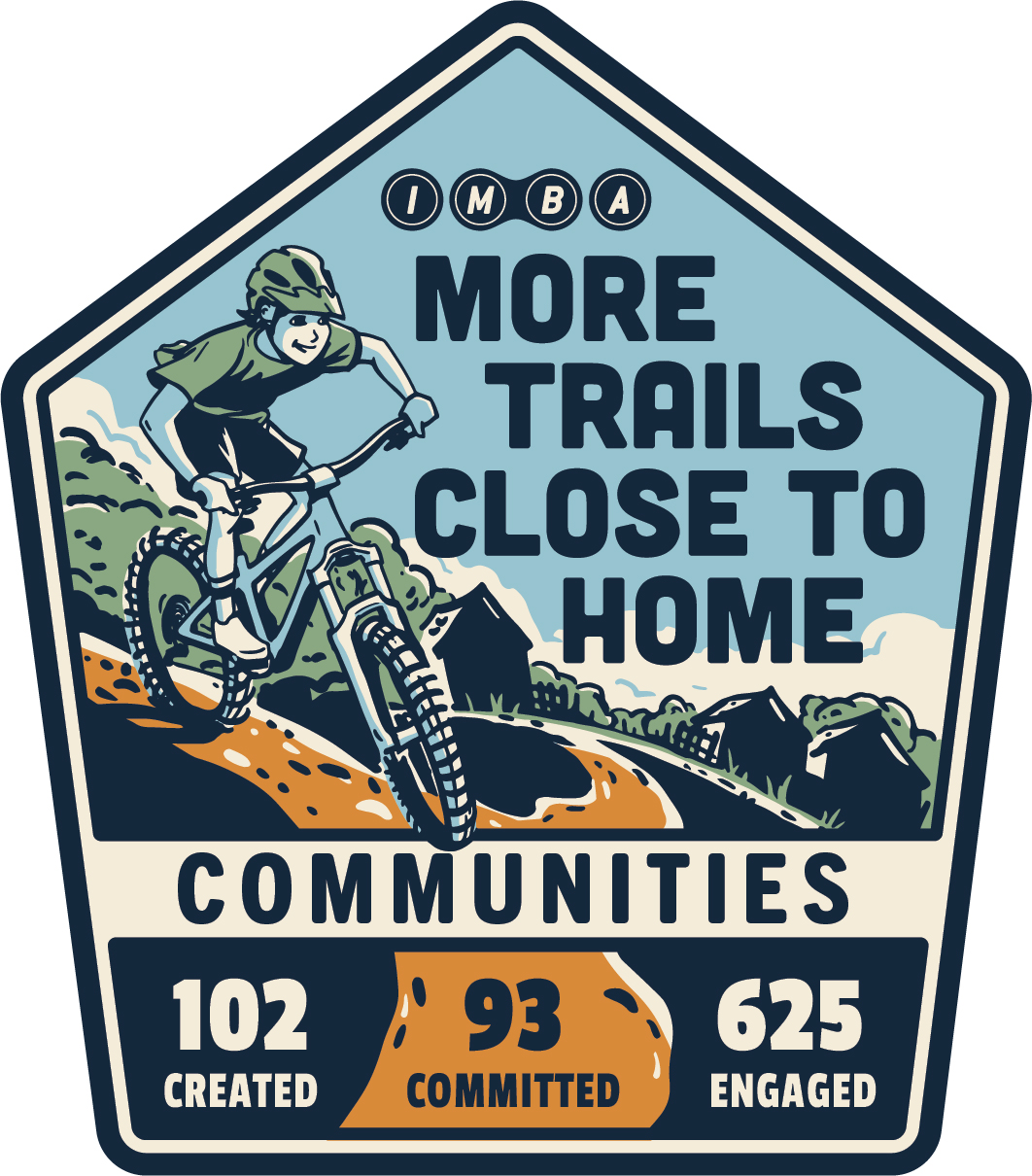Celebrating Women’s Mountain Biking Day 2025
In trail development, knowing what you have (your trails) and how they’re used (including the popularity or underuse of trailheads, patterns across a network, and peak usage periods) is essential. This data helps inform and justify the next steps. Assessments are key components of data strategies related to visitor and recreational research, helping trail organizations clarify their visions, identify opportunities for further network development and improvement, and manage their trails more effectively.
Trails are valuable investments in communities, offering economic, health, and social benefits. They serve as places to gather or retreat into nature, alone or together. For funders, land managers, and decision-makers, quantifiable data that demonstrates the benefits of trails justifies their continued support and investment. By applying data from assessments to the strategic planning process, communities can better prepare for trail expansion, maintenance, and the development of supporting infrastructure.
Trails Count
Recognizing the importance of assessments, IMBA offers guidance, mentorship, and investment to help communities develop effective data strategies. One initiative is the Trails Count assistance grant program. In partnership with Eco-Counter, IMBA invites Local Member Organizations to apply for this opportunity to elevate their assessment efforts.
The Trails Count program is more than just a grant. It provides IMBA Local Member Organizations with Eco-Counter’s Pyro Nano counters for six months. During this time, successful applicants get technical assistance related to the setup and maintenance of the counters, as well as access to a digital dashboard where they can run counting reports. Eco-Counter provides mentorship on creating reports and sharing the data collected. IMBA equips communities with data collection programming materials to ensure the work continues beyond the grant period. After the program, communities can purchase the trail counters they’ve learned to use.
Congratulations to the 2024-25 Winners!
IMBA and Eco-Counter are happy to announce the winners of the Trails Count Grant Program for the 2024-2025 cycle. This year’s successful applicants presented well-developed strategies for using trail counters to justify more and better trails in their communities. Read on to discover how the teams in Silverton, Colorado, and Austin, Texas, plan to leverage this new data resource to enhance their trail networks and communities.
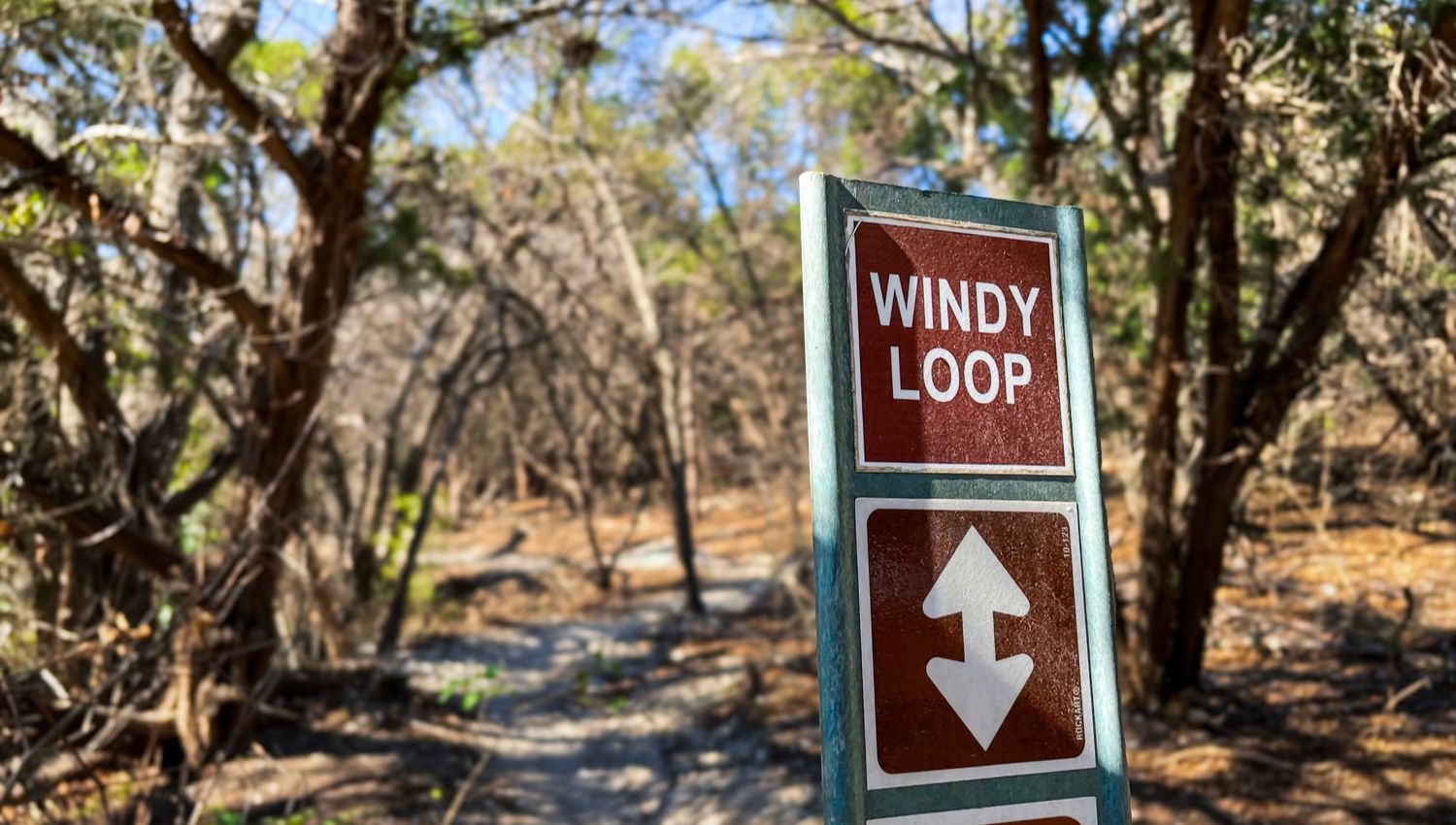
Fall/Winter 2024-25: Austin Ridge Riders, Austin, Texas
Project: Brushy Creek Natural Trail System Analysis and Planning
Description: During the Trails Count assistant grant experience, Austin Ridge Riders (ARR) will be measuring utilization of 30 specific acres (Peddler’s Pass) on the 200 acre Brushy Creek trails network near Cedar Park, Texas. Peddler's Pass is a community feature. The trail is named after The Peddler Bike Shop nearby and is adjacent to Red Horn Brewing who offer a trail-themed brew. The trail is a unique 2.8 mile loop with 161 corners, 100 berms, 20 rollers, 6 bridges, 2 creek crossings, and log features. Entirely volunteer-created, the trail has been the site of a race called Full Gas on Peddlers Pass. ARR has a Bentonville-inspired goal to dial up the built-features so it functions as a challenging speed trail and skills trail.
Prior to their upcoming Trail Counts experience, ARR could only share informal Strava-generated usage and heat map data with their land managers and stakeholders. Now ARR will be able to leverage the accurate data gathered during the Trails Count experience to demonstrate how improving and expanding trails can contribute to increased community engagement. In addition to leveraging the data they gather to justify significant expenditures for resurfacing sections of the trail, a new skills zone, and “flow country” style improvements, ARR also plans to use the data they gather to contribute to the City of Cedar Park’s Parks Master Planning Project and to begin conversations about improving other trails in the area.

Spring/Summer 2025: Silverton Singletrack Society, Silverton, Colorado
Project: Baker’s Park Phase One: Closing the Data Gap
Description: IMBA has been on the ground in many capacities in partnership with the Silverton Singletrack Society (SSS) for more than a decade, and we are stoked to support the work of this community. Spanning an area over 232 acres, Baker’s Park is a collaboration between San Juan County, Town of Silverton, the BLM and the SSS. The ultimate vision is 30 miles of singletrack that offers experiences for hikers, trail runners, birders, and mountain bikers of all skill levels. The project will expand Silverton’s economy beyond extraction (mining) and create permanent recreational infrastructure and a lasting outdoor recreation legacy.
SSS is breaking new ground in southwest Colorado, both literally and figuratively. Before phase one of Baker’s Park (which has a few open trails, and more scheduled to be constructed through 2026), the lands stewarded by the Bureau of Land Management in San Juan County had fewer than 10 miles of trails open to mountain bikes. Baker’s Park is the first and only purpose-built trail system in the entire county. As stewards of new infrastructure, SSS needs to gather baseline data for understanding usage volume, trends, and patterns so they can begin to predict future maintenance and development needs and demonstrate the interest and need for purpose-built trails in the area. The SSS also aims to use the data to illustrate the economic impact of the trails in the area and to justify the financial and governmental support needed for the continuation of phases two and three of the trail system.
SSS plans to leverage the Trails Count experience to establish the foundation for a robust, buildable data strategy. Combining data collected through Trails Count with information gathered through trailhead surveys and Datafy (made available through the Silverton Area Chamber of Commerce/Colorado Tourism Office), SSS will be able to demonstrate potential economic impacts to local government, funders, and the local business community.
Relevant Research
Since its launch in 2020, IMBA has awarded the Trails Count Experience to seven Local Member Organizations. Many recipients have sustained their data strategies, some even contributing to research and broader industry engagement. Below are two examples of organizations that have successfully built robust data strategies.
The Knoxville Urban Wilderness Trail System and Baker Creek Preserve Bike Park: A Profile of Users and Physical Activity
In less than a decade, the Appalachian Mountain Bike Club (AMBC) has grown Knoxville’s mountain bike trails from fewer than 20 miles to more than 90 stewarded miles. Baker Creek Preserve is one of AMBC’s nine trail networks. AMBC relies on solid assessment data to maintain this momentum.
In 2021, researchers from the University of Tennessee conducted recreational user assessments to produce health and economic impact reports for Knoxville’s Urban Wilderness. The findings on visitation patterns and demographics are valuable for organizations looking to promote all skill levels of riding and access in outdoor recreation. This study offers a replicable research design for other communities. Check it out!
Exponential Growth for Weatherford Mountain Bike Club (WMBC)
The Weatherford Mountain Bike Club (WMBC) in Parker County, Texas, has initiated exponential growth, with support from IMBA grants such as Dig In which helped them transform an unused ball court into a bike park. WMBC also participated in the 2024 Trails Count program, learning how to strategically place trail counters and leverage the resulting data to advocate for trail network expansion. This case study illustrates how assessment data can drive trail development and justify further investment.
Getting Started in Your Community
Considering applying for the Trails Count Grant Program? Start by watching the webinar on the Trails Count assistance grant. Then, develop a strategy for gathering and using data to advance your trail development goals. Be specific about how the data will support future investments in your community.
Need help getting started? Check out IMBA’s toolkit or the Rails-to-Trails Conservancy’s resources on data collection. Not an IMBA Local Member Organization yet? Learn how to join.
